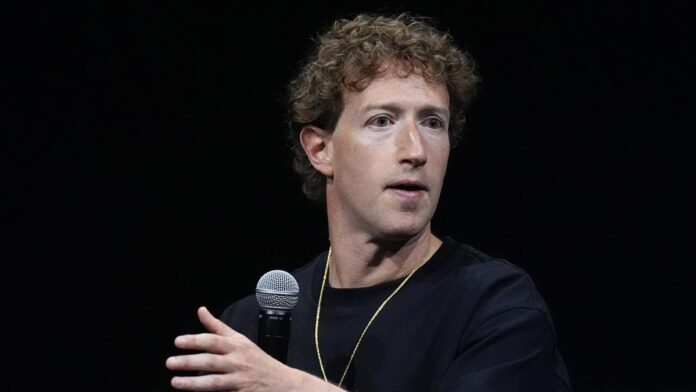Meta’s apology to India comes after its CEO, Mark Zuckerberg, made controversial comments during an interview on the Joe Rogan Podcast. Zuckerberg claimed that most incumbent governments globally, including India, lost elections post-COVID-19. This statement triggered backlash, as it was factually incorrect regarding India, where Prime Minister Narendra Modi’s government retained power with a significant mandate.
The remarks not only sparked outrage among Indian political circles but also prompted the Parliamentary Committee to summon Meta representatives. The controversy has now culminated in a public apology from Meta India, acknowledging the “inadvertent error” and assuring corrective measures.
The Controversial Remarks by Zuckerberg
During the podcast, Zuckerberg commented on the political impact of the COVID-19 pandemic. He suggested that the pandemic led to a “breakdown and trust in a lot of governments” and that many incumbents, including India’s, were voted out of power. This claim was immediately flagged as misleading since India’s 2024 Lok Sabha elections saw the incumbent BJP government led by Modi secure a decisive third term.
)
Zuckerberg’s sweeping generalization overlooked India’s unique political dynamics, leading to significant backlash from Indian officials and citizens alike.
India’s Response: Parliamentary Panel Steps In
The Parliamentary Committee on Information Technology summoned Meta representatives to seek an explanation for the CEO’s remarks. Union Minister Ashwini Vaishnaw and Parliamentary Committee head Nishikant Dubey criticized Zuckerberg’s comments, demanding accountability and transparency from the tech giant.
In a statement, Vaishnaw emphasized the importance of accurate representation of India’s democratic processes and accused Zuckerberg of undermining India’s electoral integrity with his remarks.
Meta’s Official Apology
Shivnath Thukral, the head of Meta India, issued an apology on behalf of the company, clarifying that Zuckerberg’s comments were a misunderstanding and not reflective of the situation in India.
“Meta sincerely apologizes for the unintended error in Mark Zuckerberg’s remarks. We respect India’s democratic values and the electoral outcomes of its people. We assure the government of our continued commitment to maintaining a collaborative relationship,” Thukral stated.
This move comes as Meta seeks to rebuild its relationship with Indian policymakers amidst growing scrutiny of tech companies’ influence on politics and public discourse.
Impact of the Controversy
Zuckerberg’s remarks have reignited debates about the role of global tech leaders in shaping narratives around democratic processes. With Meta playing a crucial role in facilitating online political campaigns and discourse, its CEO’s statements carry significant weight.
For India, a country with over 640 million voters in the 2024 general election, the comments were seen as an attempt to misrepresent the nation’s democratic resilience.

Broader Implications for Meta
Meta’s apology underscores the increasing accountability that global tech companies face in major democracies like India. With India being one of Meta’s largest markets, maintaining a positive relationship with the government is critical for the company’s operations.
The controversy also highlights the challenges of navigating political narratives in a globalized digital ecosystem. Companies like Meta are often caught in the crossfire of political debates, necessitating a delicate balance between free speech and responsible corporate communication.
India’s Democratic Resilience
India’s democratic process, characterized by large-scale voter participation and robust electoral mechanisms, has often been hailed as a global benchmark. The 2024 general election further solidified this reputation, with the electorate reaffirming its trust in the incumbent BJP government.
The backlash against Zuckerberg’s remarks reflects a strong sentiment among Indian citizens and policymakers to defend the nation’s democratic image against misrepresentation.
Meta’s Future in India
To restore its credibility, Meta must tread carefully in its engagements with Indian authorities and the public. Strengthening its compliance mechanisms, ensuring accurate communication, and actively participating in India’s digital governance framework will be crucial steps in this direction.
Meta’s apology is a step forward, but the incident serves as a reminder of the significant influence global tech companies wield in shaping public discourse and the corresponding responsibility they bear.

